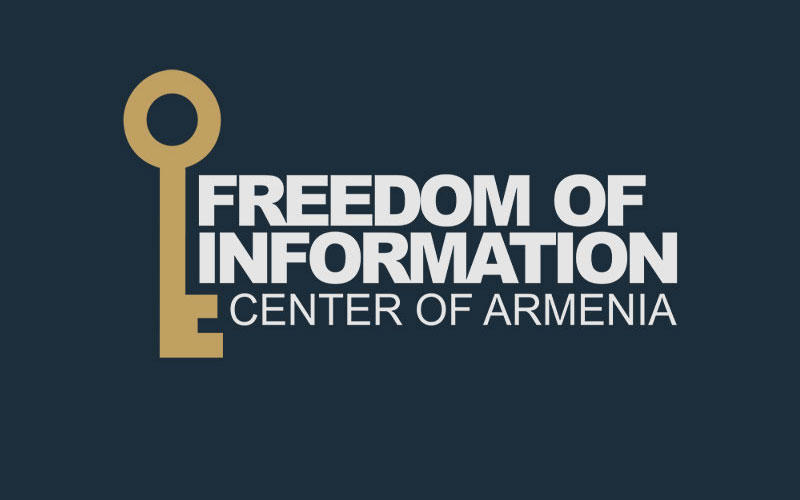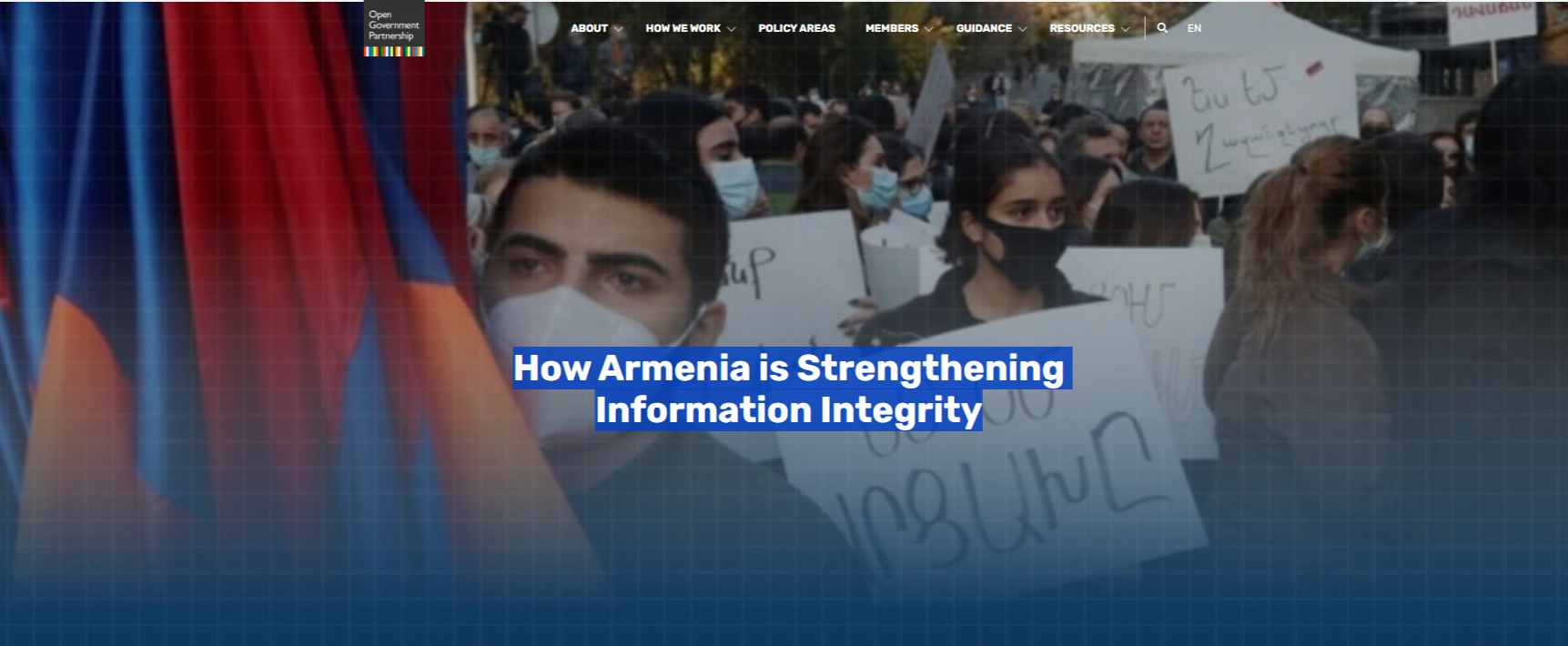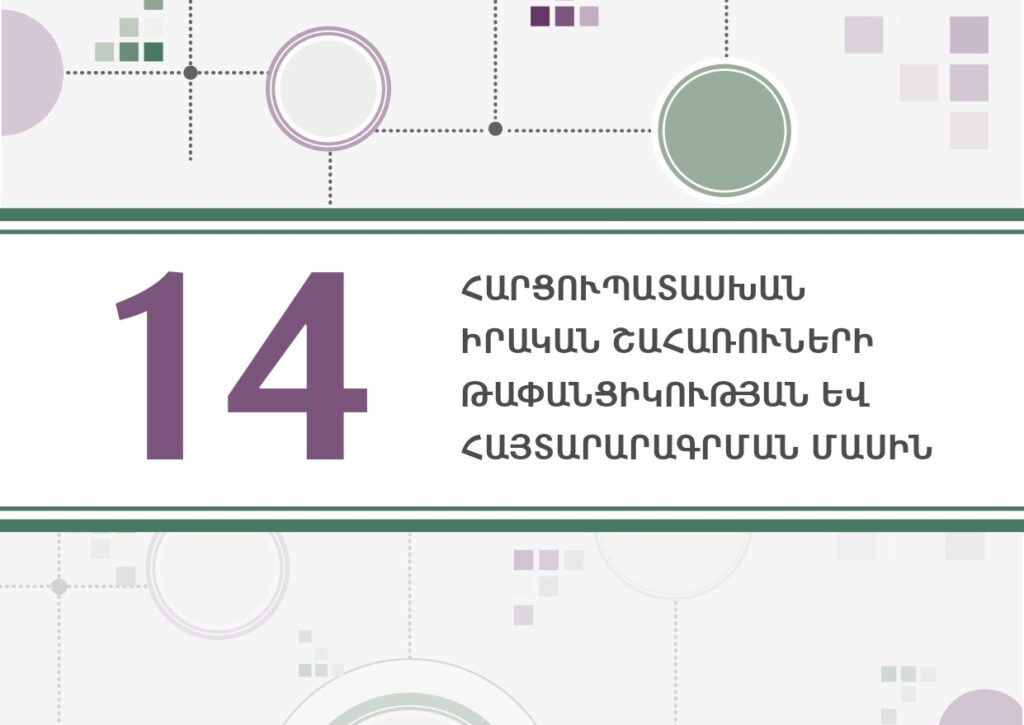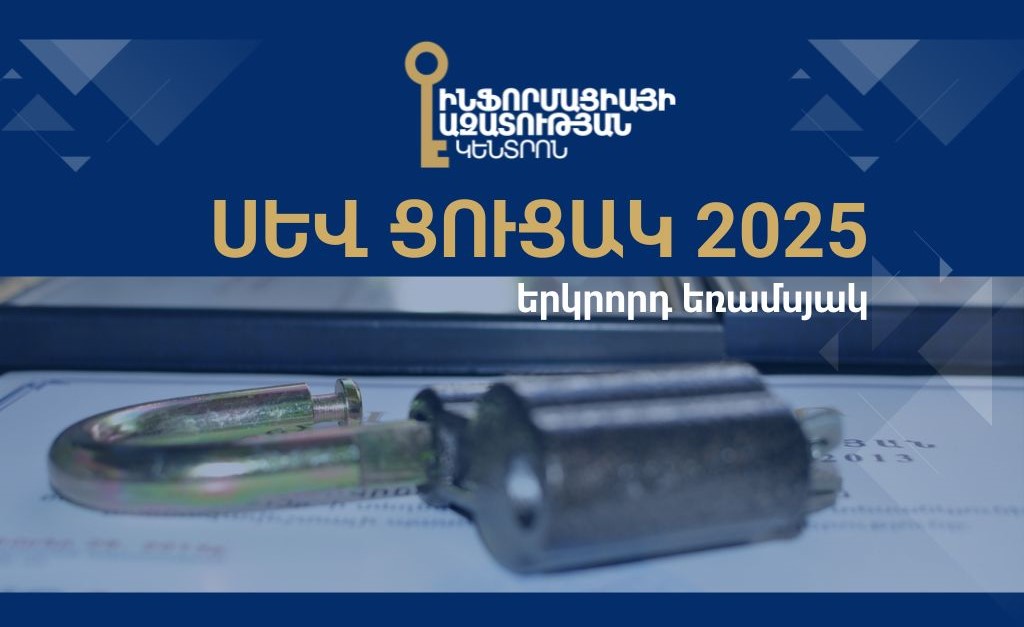Interview with Mr. Robert Freeman, the Executive Director of New York State Committee on Open Government.
Interview by Shushan Doydoyan, Manchester, UK, May 23, 2006
– How does a citizen benefit from the Freedom of Information Act?
– The Freedom of Information Act enables people to make use of their other rights. Let me bring several examples: parents want to know whether their child’s teacher has proper qualification. They can send an information request to the school director and request to provide documents, proving the teacher’s qualifications. Another example – all of us pay taxes and we want to know is the state fair in collecting taxes? Are all tax payers treated equally or not? Or the government is planning to build a long road. How purposeful is the construction project? How will it influence the environment? What is the cost of the project? People can receive answers to all these questions using the law on Freedom of Information.
– How does the State Committee on Open Government assist the people?
– Our function is not to support the government, but rather to offer what we believe is the correct answer under the law, regardless of who asks the question. The Committee is similar to an ombudsman, but it has no authority to require a government agency to comply with law. What is unique about the Committee on Open Government is that we offer assistance, guidance and opinions to anyone. we receive about 6,000-7,000 telephone inquiries each year from state and local government officials, members of the public and the news media. Approximately half of the calls are from government, 15-20 percent from the news media, and the remainder from the public. Additionally, we write approximately 800 legal advisory opinions each year. The opinions are not binding, but our hope is that they are educational and persuasive, and that they encourage compliance with law. Also, in cases in which our opinions have been reviewed by the courts, the courts have agreed 90 percent of the time.
– Sometimes the right of access to Information conflicts with the right for privacy. As a commissioner, how do you balance those two fundamental human rights?
– Details of a person’s private life should not become the public’s property. It is known that the private life of officials is less protected than that of ordinary citizens. An official’s private life can be presented in mass media if those details are connected with the execution of his or her official duties. Out of work, officials’ private life is protected by the law. Even if he or she looses large sums of money in a casino, the society should not know about if the official is doing his job well. I can spend my own money the way I like, but if I am spending the state’s money, here journalists have things to do. If an official beats his wife, it can be made public not because he is an official, but is a person who violates the law.
–Since the day of its establishment in 1974, what has guaranteed the success of the executive director of the New York State Committee on Open Government?
– I believe that our independence, and our reputation for impartiality and expertise, have enabled the office to survive since its creation in 1974. The news media, as an industry, has come to trust us. We keep away from political influence. Otherwise our decisions would not be impartial. We have been creating our reputation throughout years. To form a reputation of an independent body: this is what is most important.











